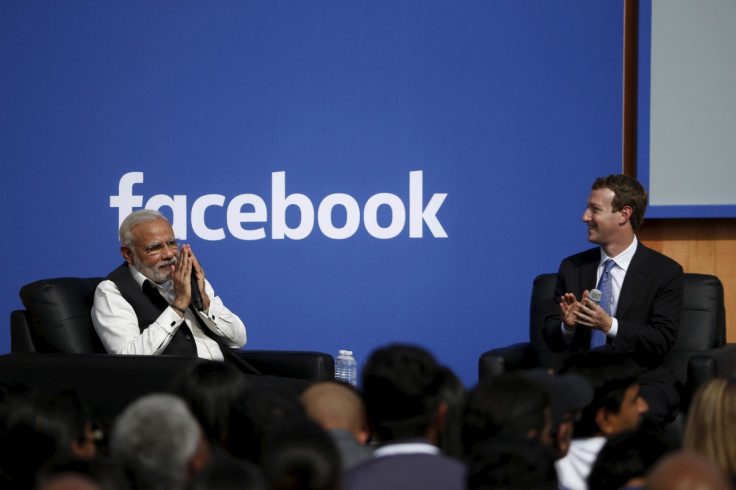Mark Zuckerberg wants to work with the UN to bring internet to Syrian refugee camps

Facebook CEO Mark Zuckerberg has told the United Nations that he wants to team up with the organisation to bring internet access to refugees as part of his drive to make internet access available to everyone in the world.
In a speech at the United Nations Private Sector Forum 2015 on 26 September in New York, Zuckerberg stressed that internet access is a fundamental human right and that it is key to increasing the quality of life of the millions of refugees who have been displaced by the Syrian civil war.
"[Internet access] will help refugees better access support from the aid community and maintain their links to families," Zuckerberg, 31, said in the speech, which was broadcast over the internet in a live webcast.
"Data can help us make smarter decisions but only if you can interpret it quickly and with confidence, so we want to help the UN make decisions that will advance our goals."
Free access would help UN track and manage refugees better
While some of these refugees might perhaps use Facebook if they had internet access, the true benefits of the UN working with the social network would be that Facebook is keen to provide analytics about the refugees to enable the UN to better support them, track their needs and communicate with them.
"The Internet is more than just a network of machines, it is the key driver of social and economic progress in our time," said Zuckerberg. "A like or a post won't stop a tank or a bullet, but when people are connected, we have the chance to build a common global community with a shared understanding."
Facebook has been building drones and satellites as part of its efforts to bring internet access to remote villages in developing countries, and it launched the non-profit organisation Internet.org in August 2013 to that effect.
Internet.org has been partnering with multiple governments, technology firms like Samsung, Qualcomm and Nokia, and telecommunication companies and Facebook claims that in past 12 months, more than a billion people have joined the service in 19 countries around the world including India, the Philippines, Kenya, Zambia, Ghana, Tanzania and Colombia.
Facebook has already faced criticism over net neutrality
However, in April Zuckerberg faced a backlash against the project when several web publishers in India pulled out of Internet.org, claiming that certain websites were given preferential treatment over others, which would mean that the internet wasn't truly free or open – a concept known as "net neutrality".
Zuckerberg responded that Facebook fully supports net neutrality and that some basic internet services have to be offered for free if people can't afford to pay for access: "Net neutrality is not in conflict with working to get more people connected. These two principles — universal connectivity and net neutrality — can and must coexist.
"To give more people access to the internet, it is useful to offer some service for free. If someone can't afford to pay for connectivity, it is always better to have some access than none at all.
"Internet.org doesn't block or throttle any other services or create fast lanes – and it never will. We're open for all mobile operators and we're not stopping anyone from joining. We want as many internet providers to join so as many people as possible can be connected."
In an attempt to prove that Internet.org was offering free, open internet services, Facebook announced in May that it was opening up its developer portal so that any company or website could join to offer free services on Internet.org.
On 27 September, Indian prime minister Narendra Modi visited Facebook's headquarters in California to attend a "town hall" style discussion about Internet.org.
© Copyright IBTimes 2025. All rights reserved.






















